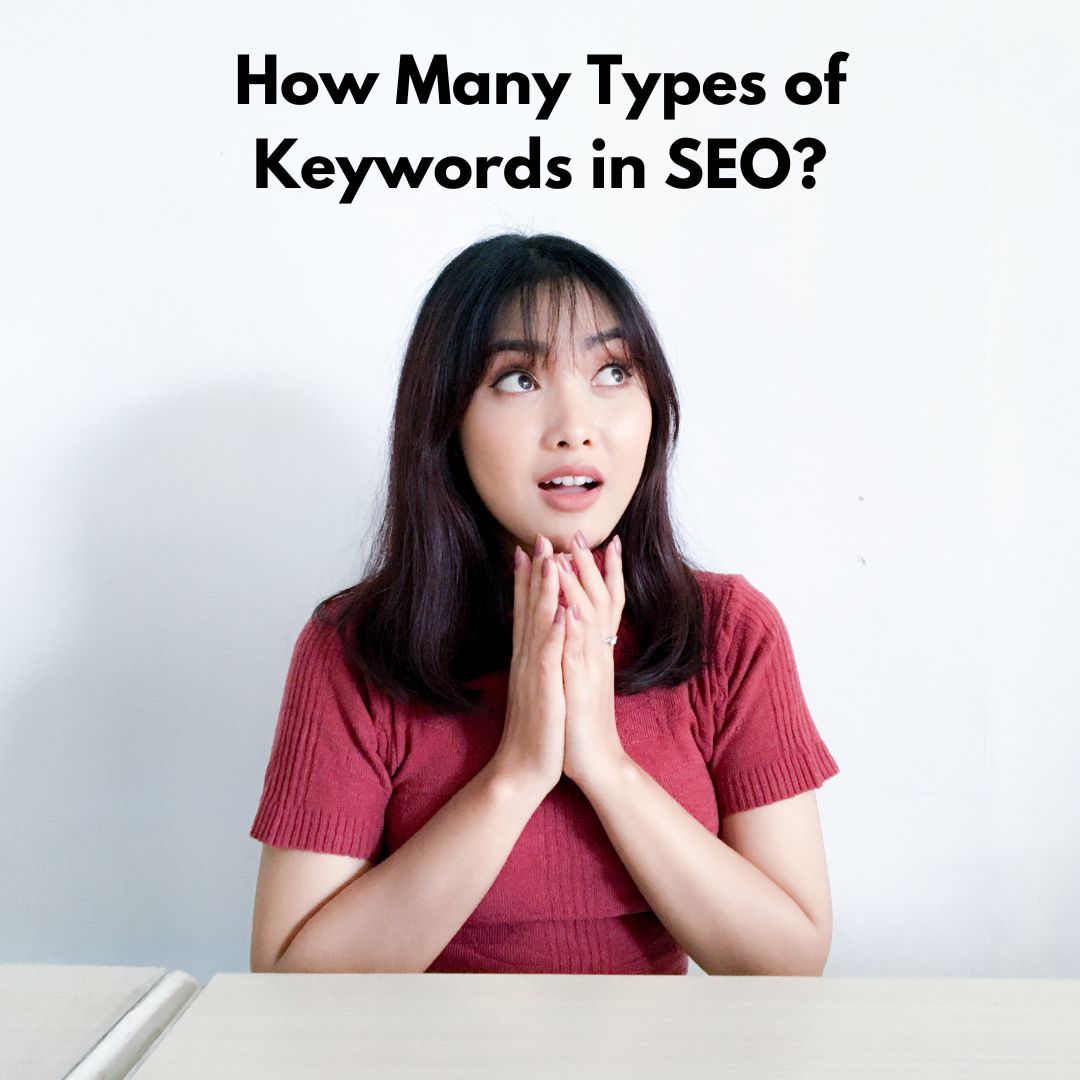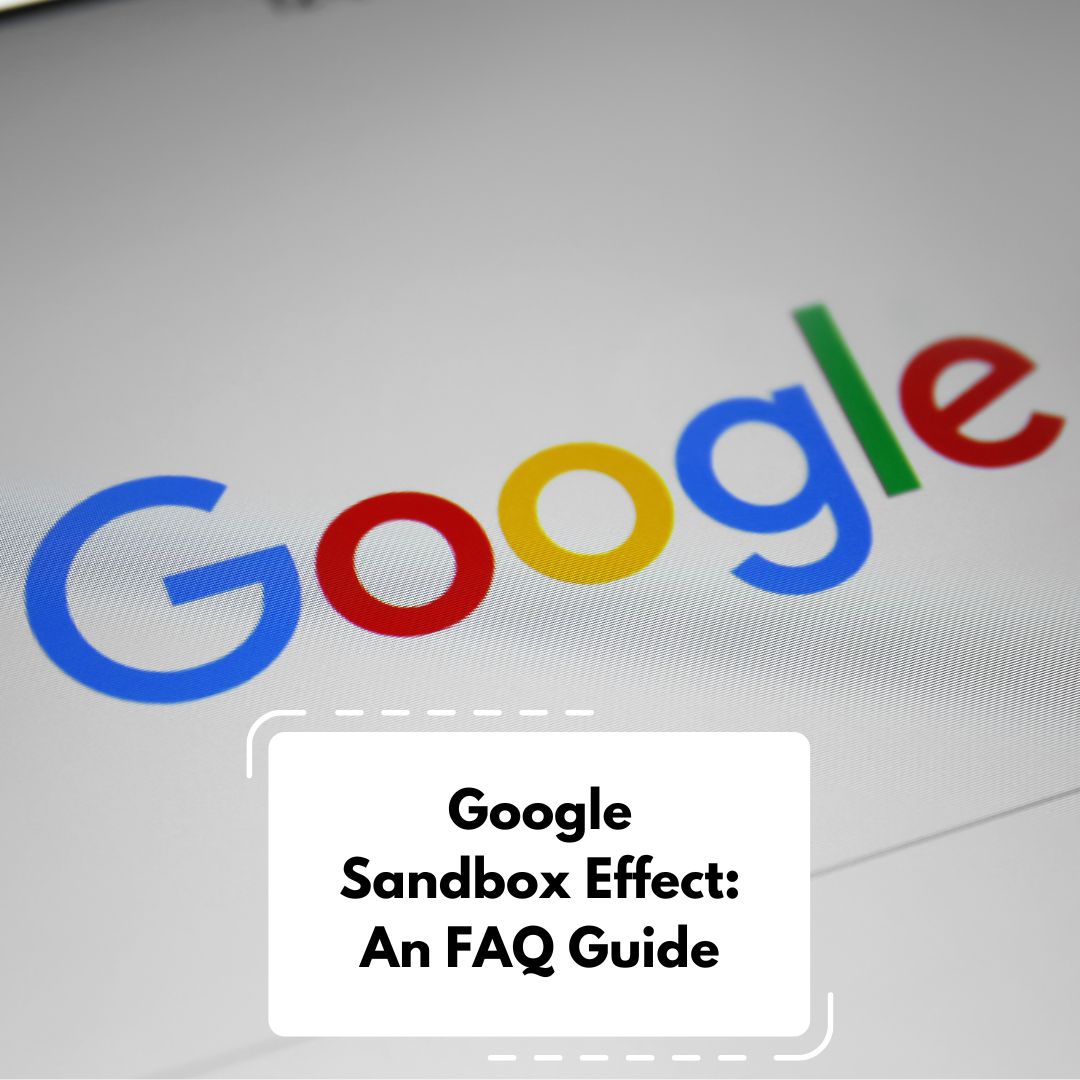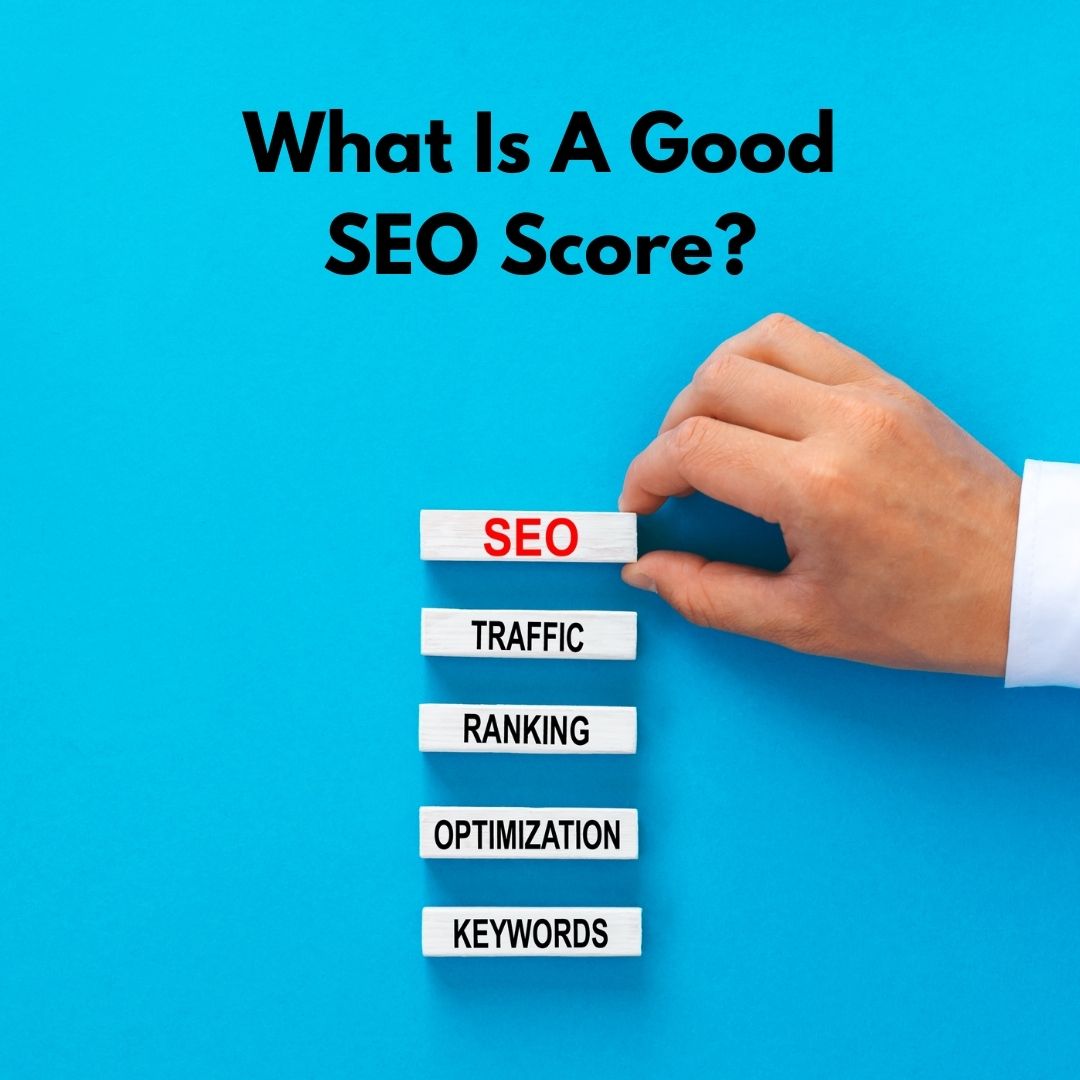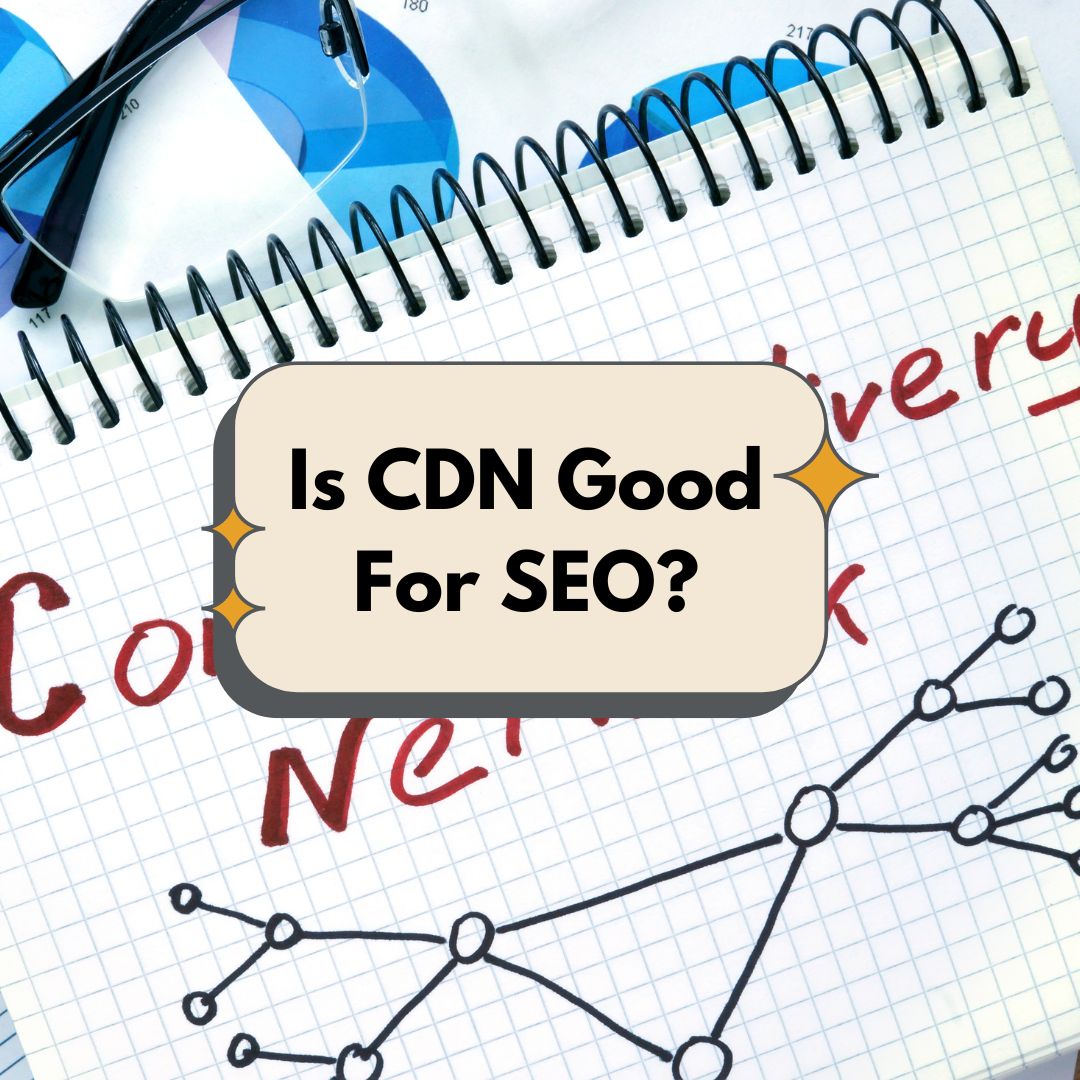What is the Google Sandbox? The term "Google Sandbox" refers to a speculated phase where…

How Many Types of Keywords in SEO?
How Many Types of Keywords in SEO?
Understanding the myriad types of keywords in Search Engine Optimisation (SEO) is pivotal for any digital marketing strategy. Keywords act as the conduit between what people are searching for and the content you provide to meet that need. This guide will delve deeper into the various types of keywords in SEO, offering you a clearer path to optimise your content effectively.
Understanding Keywords in SEO
Keywords in SEO are more than just search terms; they are the pillars on which successful SEO strategies are built. These are the terms and phrases that your target audience uses when they turn to search engines for answers. A well-optimised website effectively uses keywords to speak the language of its potential visitors, making it easier for search engines to match queries with your site.
Types of Keywords in SEO
- Short-Tail Keywords: Broad and general, typically one to two words. Example: “restaurants” or “books”. They attract a wide audience but face high competition.
- Long-Tail Keywords: More specific phrases, usually three or more words. Example: “vegan restaurants in Chinatown” or “children’s adventure books”. They target niche audiences with higher conversion rates.
- Primary Keywords: The main focus for a page. Example: For a bakery, it might be “artisan bread”.
- Secondary Keywords: Support the primary keywords. Example: Alongside “artisan bread”, secondary keywords could be “organic bread”, “whole grain bread”.
- LSI Keywords (Latent Semantic Indexing): Semantically related to the primary keyword. Example: For “artisan bread”, LSI keywords could be “sourdough”, “baking process”.
- Geo-Targeted Keywords: Include specific locations, crucial for local SEO. Example: “yoga studios in Katong” or “car repair in Ubi Road”.
- Intent-Targeting Keywords: Based on the searcher’s intent. Example: Informational – “how to make roti prata”, Transactional – “buy sourdough bread online”.
- Branded Keywords: Include the brand’s name. Example: “Nike running shoes” or “Apple iPhone deals”.
- Product Keywords: Directly related to the product or service offered. Example: “wireless headphones” or “organic skincare products”.
- Customer-Defining Keywords: Define the target customer. Example: “SEO services for startups” or “affordable wedding photography”.
- Seasonal Keywords: Related to specific seasons or events. Example: “Christmas decorations sale” or “summer travel deals”.
Strategically Using Different Types of Keywords
- Website Structure: Use short-tail keywords for general website sections like “Home” or “About Us”, and long-tail keywords for specific blog posts or product pages.
- Content Creation: If writing a blog about healthy eating, use primary keywords like “healthy eating tips”, secondary keywords like “nutritional diets”, and LSI keywords like “vitamins” and “balanced meals”.
- Local SEO: For a local café in Orchard Road, use geo-targeted keywords like “cafés in Orchard Road” and “best coffee shop Orchard Road”.
- Brand Awareness: A company like Adidas might use branded keywords such as “Adidas sports apparel” and “Adidas new arrivals”.
- Product Marketing: If selling a specific model of a camera, use product keywords like “Canon EOS 5D” in product descriptions and promotional content.
- Targeting Specific Audiences: A financial advisor could use customer-defining keywords like “financial planning services for retirees” to target specific customer groups.
- Leveraging Seasonal Trends: An e-commerce store could use seasonal keywords like “Black Friday deals” or “Valentine’s Day gifts” during specific periods to capture seasonal traffic.
Conclusion
Understanding and effectively utilising different types of keywords is a key aspect of a successful SEO strategy. By incorporating a diverse range of keyword types, your website can rank higher in search engine results and attract a more relevant audience. Remember, the key to SEO success lies in understanding your audience’s language and needs, thus ensuring your website meets their search queries effectively. Want to know more about SEO, contact us here.



